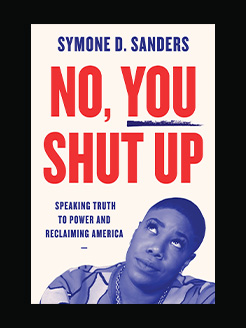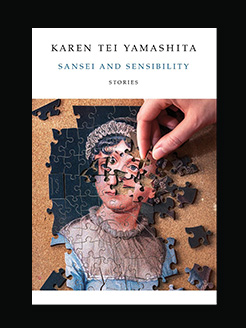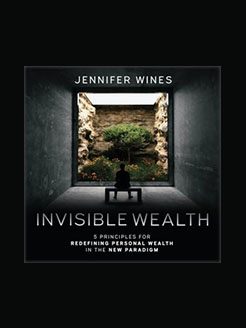Published in 2018
208 pages
Omise’eke Natasha Tinsley is Professor of Black Studies at the University of California, Santa Barbara. Motivated by love for boundless black femme creativity, her research focuses on queer and feminist, Caribbean and African American performance and literature. She recently completed a manuscript entitled The Color Pynk: Black Femme-inist Love and Criticism, which explores black femme aesthetics of resistance in the Trump era. Earlier monographs include Beyoncé in Formation: Remixing Black Feminism (2018); Ezili’s Mirrors: Black Queer Genders and the Work of the Imagination (2018), winner of the 2019 Barbara Christian Prize in Caribbean Studies; and Thiefing Sugar: Eroticism Between Women in Caribbean Literature (2010). She has published articles in journals including GLQ, Feminist Studies, Yale French Studies, and Small Axe and is a contributor to Time, Ebony, The Advocate, and Huffington Post.
What is this book about?
Making headlines when it was launched in 2015, Omise’eke Natasha Tinsley’s undergraduate course “Beyoncé Feminism, Rihanna Womanism” has inspired students from all walks of life. In Beyoncé in Formation, Tinsley now takes her rich observations beyond the classroom, using the blockbuster album and video Lemonade as a soundtrack for vital next-millennium narratives.
Woven with candid observations about her life as a feminist scholar of African studies and a cisgender femme married to a trans spouse, Tinsley’s “Femme-onade” mixtape explores myriad facets of black women’s sexuality and gender. Turning to Beyoncé’s “Don’t Hurt Yourself,” Tinsley assesses black feminist critiques of marriage and then considers the models of motherhood offered in “Daddy Lessons,” interspersing these passages with memories from Tinsley’s multiracial family history. Her chapters on nontraditional bonds culminate in a discussion of contemporary LGBT politics through the lens of the internet-breaking video “Formation,” underscoring why Beyoncé’s black femme-inism isn’t only for ciswomen. From pleasure politics and the struggle for black women’s reproductive justice to the subtext of blues and country music traditions, the landscape in this tour is populated by activists and artists (including Loretta Lynn) and infused with vibrant interpretations of Queen Bey’s provocative, peerless imagery and lyrics.
In the tradition of Roxanne Gay’s Bad Feminist and Jill Lepore’s bestselling cultural histories, Beyoncé in Formation is the work of a daring intellectual who is poised to spark a new conversation about freedom and identity in America.







